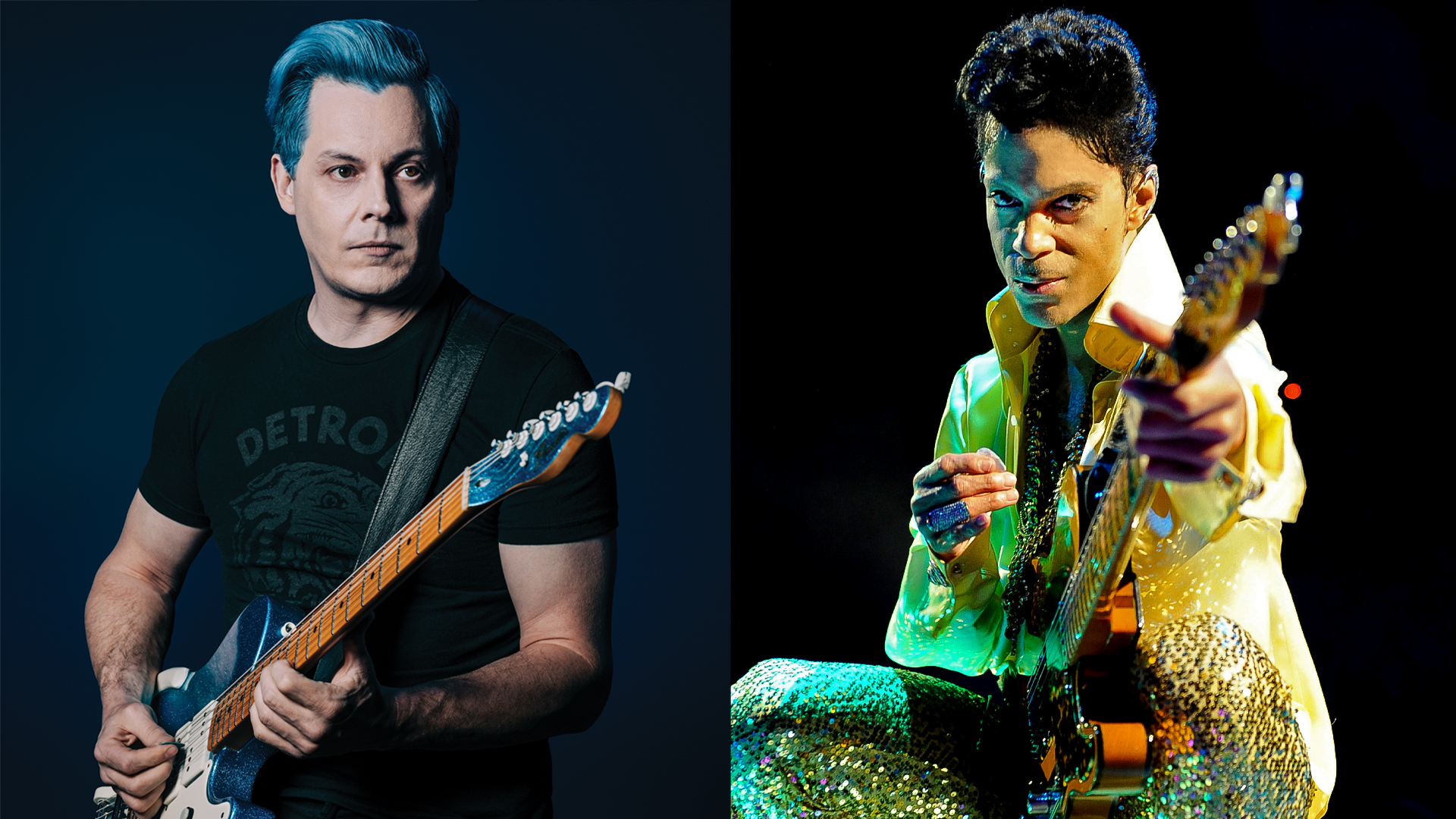“The essential Les Paul, reimagined and updated for today’s players”: Gibson revamps the Les Paul Studio with tonal, playability, and aesthetic upgrades
A lighter body, plain maple cap, updated electronics, and new finishes give the affordable LP a new lease on life
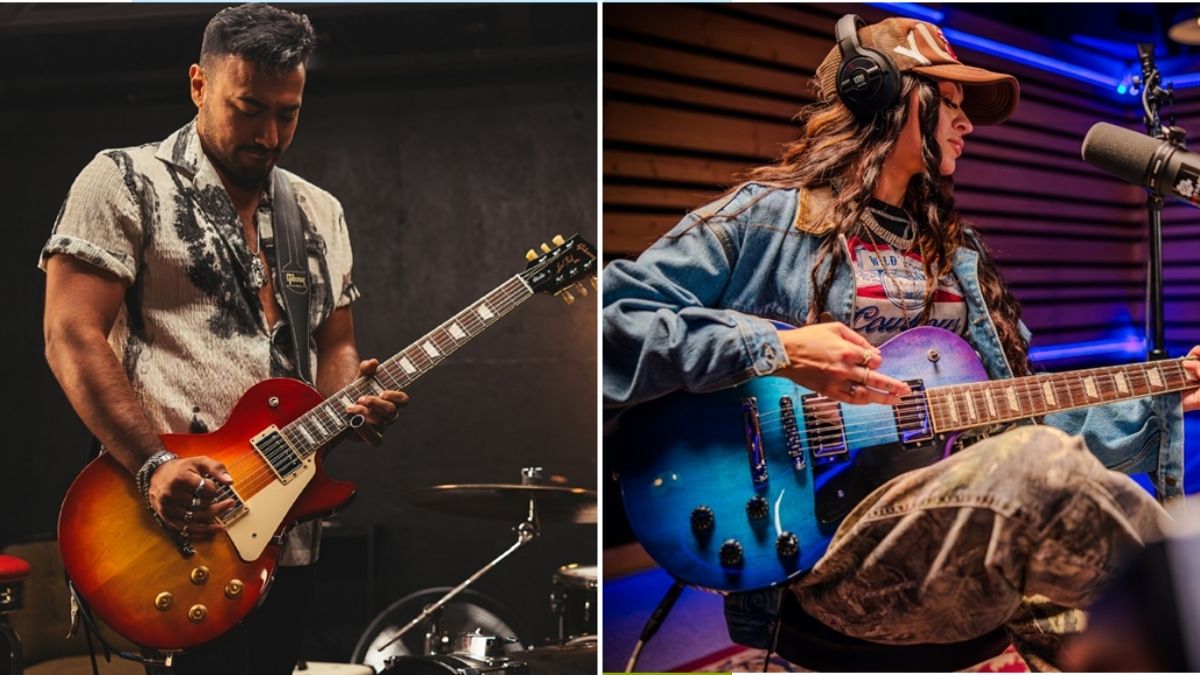
All the latest guitar news, interviews, lessons, reviews, deals and more, direct to your inbox!
You are now subscribed
Your newsletter sign-up was successful
Gibson has produced a dizzying amount of Les Pauls since its introduction in 1952, but the company believes its new updated Les Paul Studio will be “the one” guitar that players reach out for time and time again.
Studios have typically been meat and potatoes guitars to stand as the most affordable Gibson Les Pauls on the market. While its revised model comes with a fairly modest price tag of $1,599, it’s been bestowed with features usually reserved for higher-end LPs, as well as receiving some choice upgrades, too.
Designed to be “the guitar you won’t be able to put down,” it's been created with an ultra-modern weight-relieved mahogany body for increased comfort, and topped with a carved plain maple cap. That tonewood combination promises “brightness, definition, warmth, and midrange punch” in equal measure.
Its SlimTaper profile mahogany neck, which plays host to a 22-fret medium jumbo fingerboard, has been glued in for “increased resonance and sustain.” Sculpted with a 12” radius and given binding – a first for LP Studios – Gibson assures players that they will “love how this instrument feels in your hands.”
Its hardware specs bring together Vintage Deluxe tuners, a Graph Tech nut, a fully adjustable aluminum Nashville Tune-O-Matic bridge, and a lightweight aluminum Stop Bar tailpiece that no Les Paul would be complete without.
But it’s with the electronics that some of the key changes have been made. A pair of Gibson Burstbucker Pro pickups have dedicated volume and tone controls, and a push/pull for coil tapping. Rounded out with a standard three-way switch, those appointments bring it closer in line with a Les Paul Standard, as such trimmings are usually reserved for higher-end Les Pauls.
Studios, as their name implies, were built to perform in the studio, so aesthetic appointments were typically omitted to keep the price down. Here, though, Gibson has made sure it looks the part via a choice of Ebony, Blueberry Burst, Wine Red, and Cherry Sunburst gloss nitrocellulose lacquer finishes.
All the latest guitar news, interviews, lessons, reviews, deals and more, direct to your inbox!
Unfortunately, Gibson is not rolling out its luxurious Dark Purple Burst again, after unveiling it earlier this year.
The guitar has been tried and tested by gigging musicians, with Beauty School Dropout guitarist Bardo calling it “an all-around workhorse, without sacrificing the classic styling and quality I expect from Gibson.”
Country player Kenzi Lewis has praised its smoothness, light weight, and “amazing tone,” while Argentina's Ivan Singh said it “feels like home.”
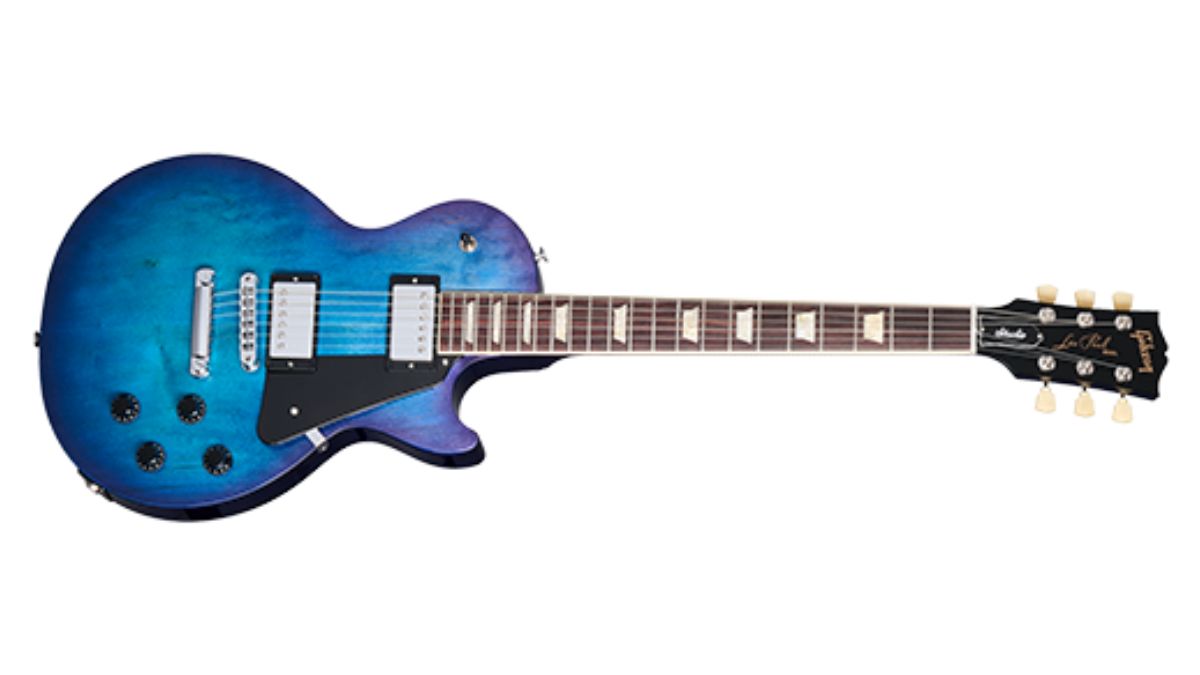
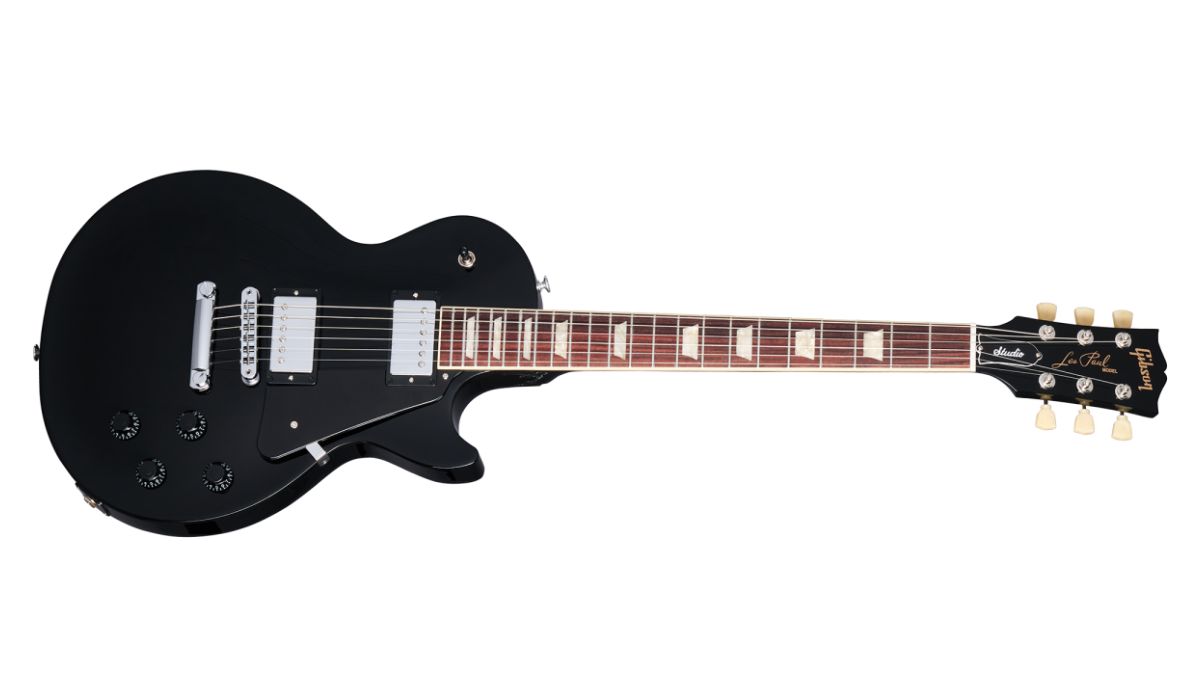
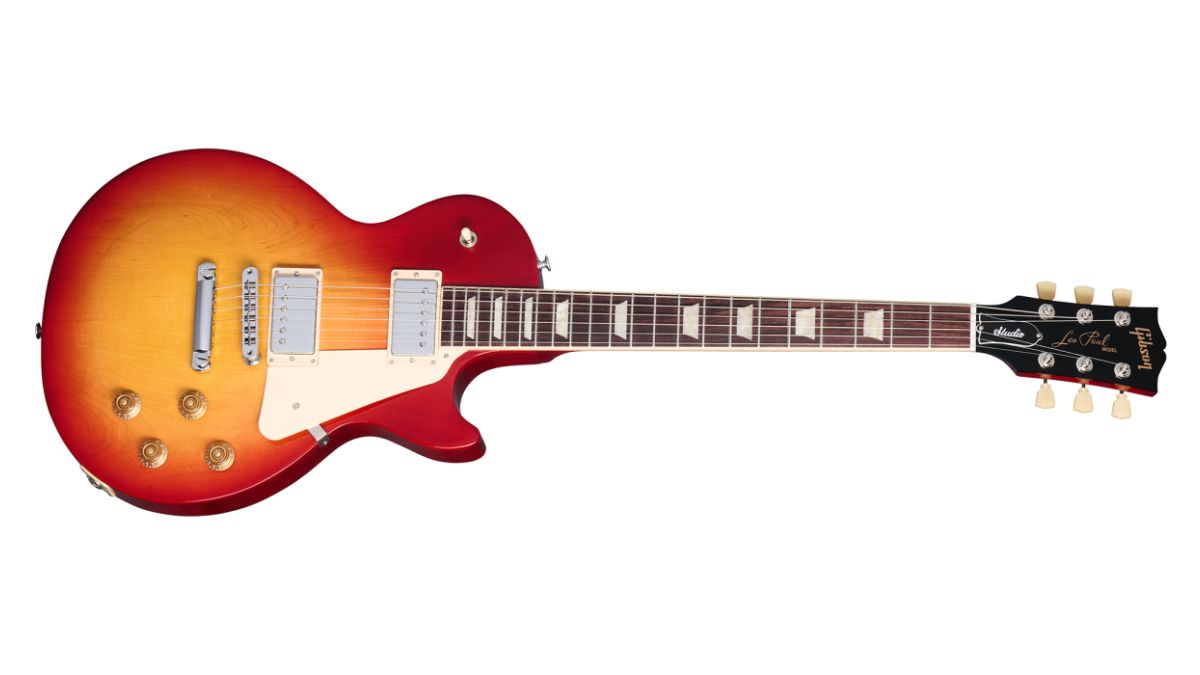
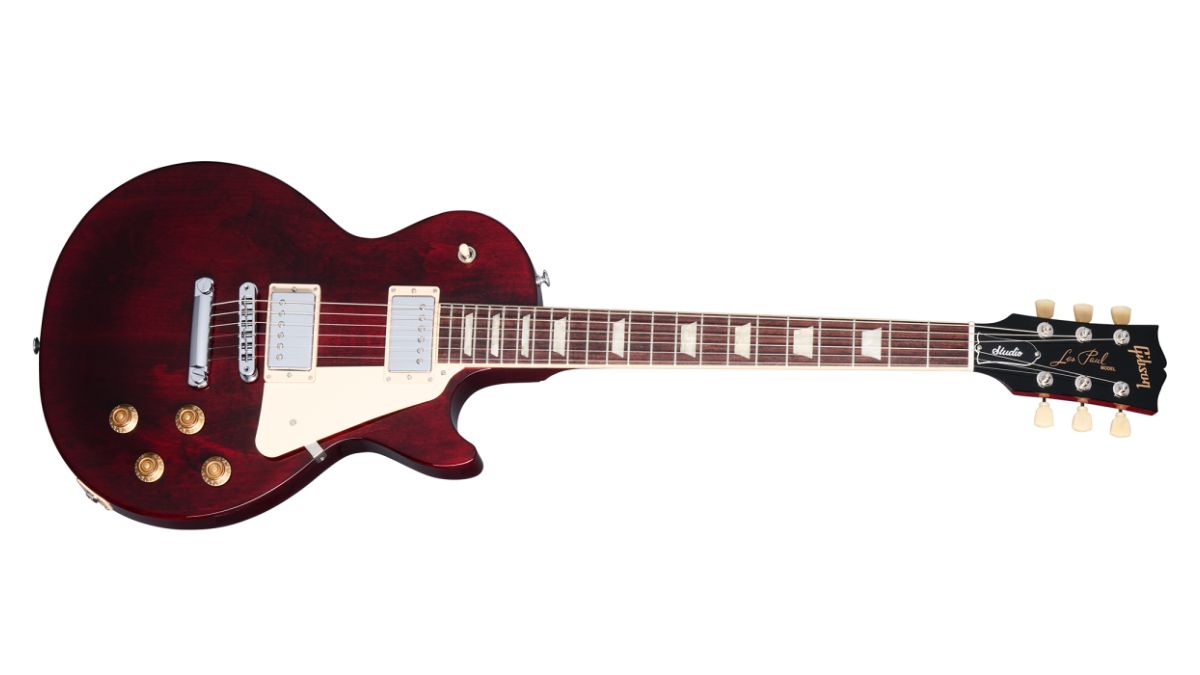
The new build augments a score of new Gibson releases, including the return of its Victory electric guitar, an Epiphone Jimi Hendrix 'Love Drops' Flying V, and signature acoustic guitars for Johhny and Roseanne Cash.
“The Les Paul Studio is the essential Les Paul, reimagined and updated for today’s players who want more than just another guitar – they want their guitar,” says Gibson.
The all-new Les Paul Studio is available now for $1,599, and each model comes with a soft-shell guitar case.
Head to Gibson to learn more.
A freelance writer with a penchant for music that gets weird, Phil is a regular contributor to Prog, Guitar World, and Total Guitar magazines and is especially keen on shining a light on unknown artists. Outside of the journalism realm, you can find him writing angular riffs in progressive metal band, Prognosis, in which he slings an 8-string Strandberg Boden Original, churning that low string through a variety of tunings. He's also a published author and is currently penning his debut novel which chucks fantasy, mythology and humanity into a great big melting pot.


